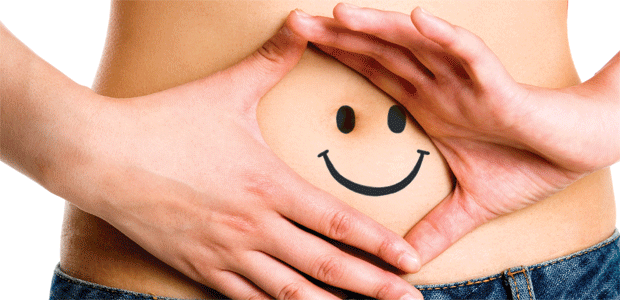The Importance of Digestion
Seems the hot topic on everyone’s lips lately is Gut Health. As a busy Nutrition and Lifestyle coach, I know first hand that absolutely every health condition has an origin back to digestive function. Hippocrates said it first when he claimed, “All disease begins in the gut”.
In addition to eating well and exercising regularly, ensuring you have an optimally functioning digestive system is key to long-term health. There are many parts of this moving system that can cause inflammation and imbalance from the stomach right through to the large intestine where all the good and bad bacteria reside. Ensuring that we focus on all parts of this process is the best way to derive the most nutrients from our food and increase our chances of avoiding serious health issues.
As a Mumma or Mumma to be, digestion is even more important. If digestion is compromised during pregnancy there will be deficiencies in nutrients (think low iron) this can affect the development of the foetus in utero and determine how healthy our baby is not only at birth, but for life. We also pass on our gut flora to our baby during the birthing process (with a vaginal birth) and then continue to populate their gut while breastfeeding. They are literally inheriting our good and bad bugs!
It’s great that an awareness of the importance of these organs is finally gaining momentum but most people don’t know where to start or what to do to improve their digestive health. It can be overwhelming to start but working on arguably the most important system in our body can be simple. Here are my top 5 things to improve digestive (and overall) health:
Gut Health 101
- Avoid Toxic Food. When it comes to healing any digestive distress or even just managing long-term health, the first thing anyone needs to focus on is what is causing that distress. Many different foods can cause irritation of the gut wall and these foods will differ from individual to individual. Some of the most common irritants are gluten, dairy, soy, corn, nuts, and eggs. Eliminating these foods or finding someone who you can work with to identify the triggers can be a powerful catalyst for improved digestive health.
- Digestion starts with the Eyes. Did you know that as soon as we see food our body starts producing enzymes to help our stomach break those foods down? The first organ of digestion though is our mouth. We’ve all been told this before but how many of us do it? The more we chew and break down our food in our mouth, the easier it is for the rest of the digestive organs to do their job. Chewing our foods ensures the enzymes in the stomach can do what they need to. It also ensures that we don’t get undigested foods hitting our small intestine, which is where our body primarily focuses on absorbing nutrients. The undigested food here will feed and promote bacterial overgrowth, which can cause bloating, gas and other uncomfortable symptoms.
- Feed the Good Bugs. There are literally trillions of bacteria living in our large intestine, they actually outnumber us 10 to 1 and significantly impact how our body functions. What type of bacteria and yeast are living in our large intestine will largely determine how healthy and even happy we are, to put this into context 95% of our neurotransmitters (think feel-good hormone Serotonin) are produced in our large intestine so, how happy we are is almost entirely determined by our gut! Taking a good quality probiotic and consuming correctly fermented foods will help to stack the balance in your favour.
- Drink Healing Broth. Bone broth is such an amazing gut healing food that not only helps to heal any permeability of the small intestine but also improves nutrient absorption. It also adds super essential bone fortifying nutrients such as calcium, magnesium, and potassium. The best part about incorporating bone broth into cooking is that it vastly improves the flavour and palatability of the food.
- Stress Less. There are so many things that can contribute to digestive distress and the key to improving health long term is to identify these things and eliminate them to allow the healing to occur. Things like alcohol, antibiotics, and prescription drugs, anti-inflammatories, and coffee. I could go on and on. Stress sits squarely at the top of this list and causes the same reactions as all of the other toxins. I have worked with many people who were doing everything ‘right’ from a dietary perspective but had yet to tackle all of the stresses they had to deal with on a daily basis. Managing this can be key to healing the gut.
These simple practices can be implemented all at once or step by step. You can also incorporate some of them into your bub’s routine too, to ensure that they have the best chance at growing up with a strong digestive system.


Leave a Reply